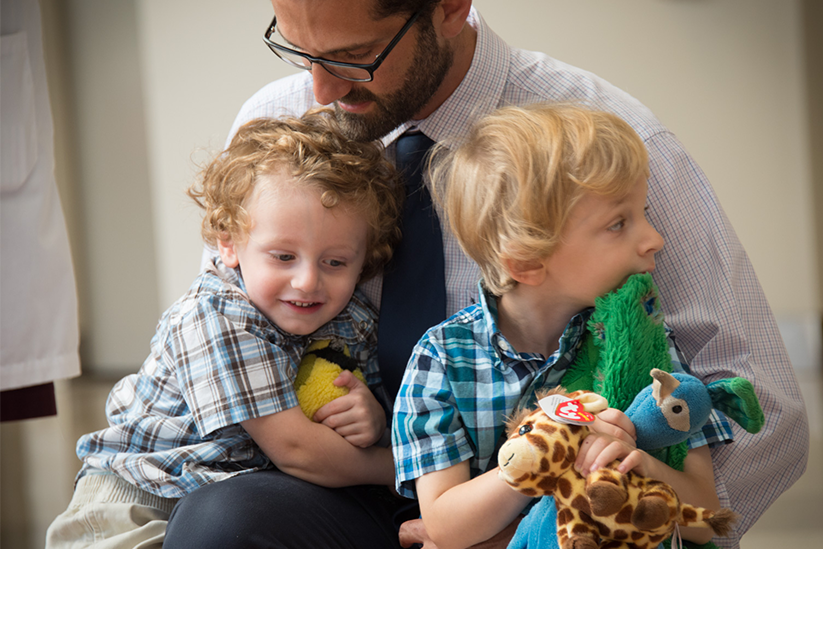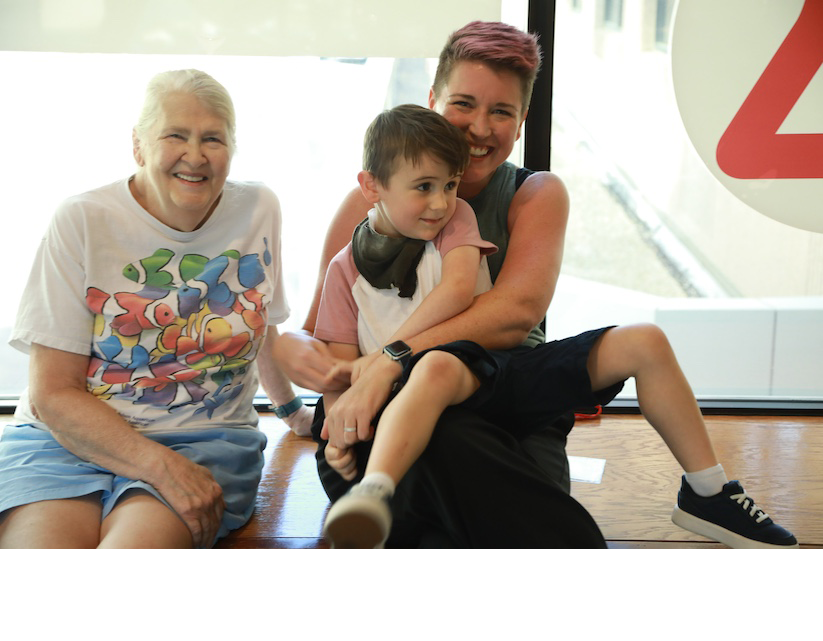
In January 2024, Minnesota’s State Commissioner of Health officially approved the addition of Duchenne to the state’s newborn screening panel. Approximately 63,000 babies are born in Minnesota every year, which means that we expect this program to identify at least six babies with Duchenne annually once implemented.
In January 2024, Minnesota's State Commissioner of Health officially approved the addition of Duchenne to the state’s newborn ...
Read MoreThe Minnesota Department of Health has indicated that it will share more information once screening for Duchenne is ready to begin. PPMD will continue to engage with the state to understand referral pathways, clinician and patient support, and keep the community informed of important updates.
Duchenne newborn screening starts with a test called CK-MM (a form of creatine kinase, sometimes referred to as a CPK or creatine phosphokinase) on the sample collected from the baby. High levels of CK-MM can be a sign of muscle damage, which could be caused by Duchenne or a related neuromuscular condition.
If the CK-MM level is elevated, a DNA-based genetic test is the next step. Genetic testing is performed on the same sample from the baby, to look for variants in the gene that codes for dystrophin, called DMD. Genetic testing specifically looks for variants that are called pathogenic or likely pathogenic, which means that the variant results in no or reduced functional dystrophin. If a pathogenic or likely pathogenic variant is found in the dystrophin gene, the newborn screen is considered abnormal, and the baby is referred to a newborn screening follow-up specialist. The specialist can provide more information on the variant found and what this means for the baby.
The Duchenne journey is complex, but PPMD is here for you. If you have just received a positive screening for Duchenne or Becker, resources are available.

Every single person living with Duchenne deserves the best care possible. PPMD’s Certified Duchenne Care Center Program helps to ensure that centers comply with the standards of care and services that have been established in the Duchenne Care Guidelines. All Certified Duchenne Care Centers have met the requirements for, and agree to provide, optimal standardized care and services.

If your baby has been diagnosed with Duchenne or Becker muscular dystrophy, or identified as a carrier, we encourage you to join The Duchenne Registry. By participating in the Registry through our easy-to-use smartphone app, you can help advance research and treatments. Participation in the Registry also connects you with opportunities to learn about and enroll in active clinical trials and research studies.